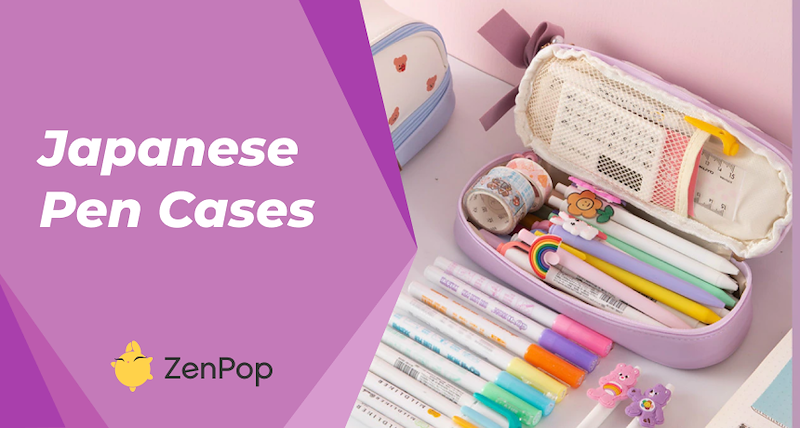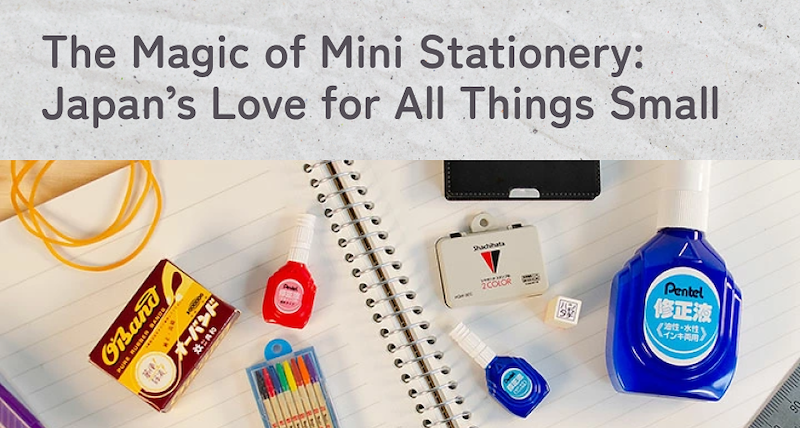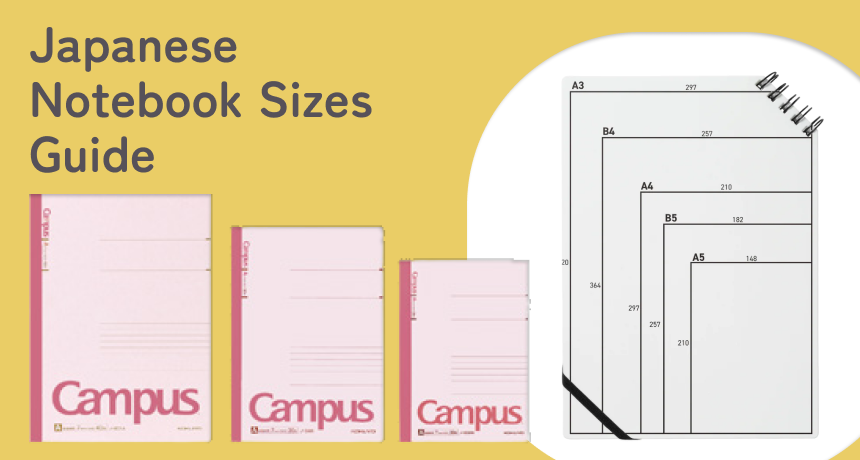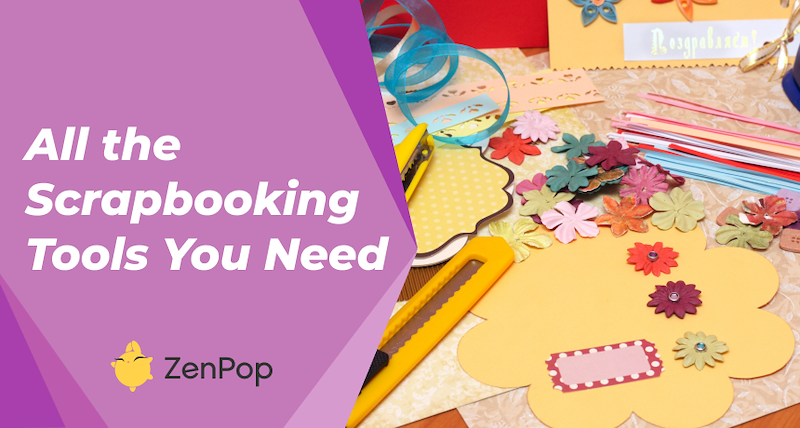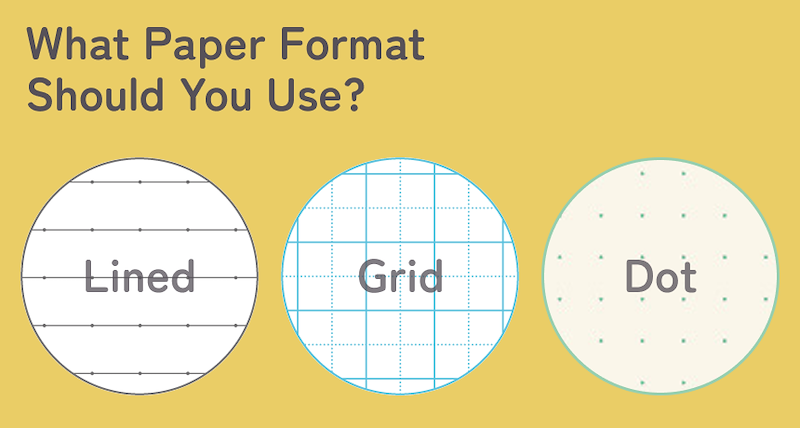Blog
Top Tags
stationery
|
japanese stationery box
|
stationery pack
|
Japanese culture
|
Previous Stationery Packs
|
giveaway
|
Previous Packs
|
annoucement
|
ZenPop Giveaway
|
japanese stationery pack
|
Featured Article
Discover 8 popular types of Japanese pen cases, from soft pouches to structured boxes. Find the perfect pen case for your style and stationery needs.
Explore the cultural roots and fine craftsmanship behind Japan’s love for mini stationery—small tools with big function, charm, and everyday joy.
Discover 7 adorable miniature stationery items from Japan you didn’t know you needed—tiny tools that are cute, functional, and perfect for your planner.
Discover the differences between B5, A5, and A6 Japanese notebook sizes in this gentle guide. Find the perfect fit for journaling, studying, traveling, or everyday writing.
ZenPop’s online stationery store is now open! Discover and shop your favorite Japanese stationery items individually — no subscription needed.
Explore the differences between grid, dotted, lined, and blank paper formats in this gentle guide to Japanese notebooks. Find the one that fits your writing style.
What are the best Japanese stationery brands for 2025? Find out in this article.
Discover the 8 best Japanese pens for 2025, from smooth-writing classics like Jetstream to beautifully crafted fountain pens by Sailor and Kokuyo—perfect for journaling, note-taking, and stationery lovers.
This blog post lists the winning designs from the KOKUYO DESIGN AWARD 2025, held under the theme “prototype.” Discover the standout ideas shaping the future of stationery.
To celebrate the launch of our new Washi & Sticker Lover Pack, we've found the best craft ideas to feed your washi tape addiction!

